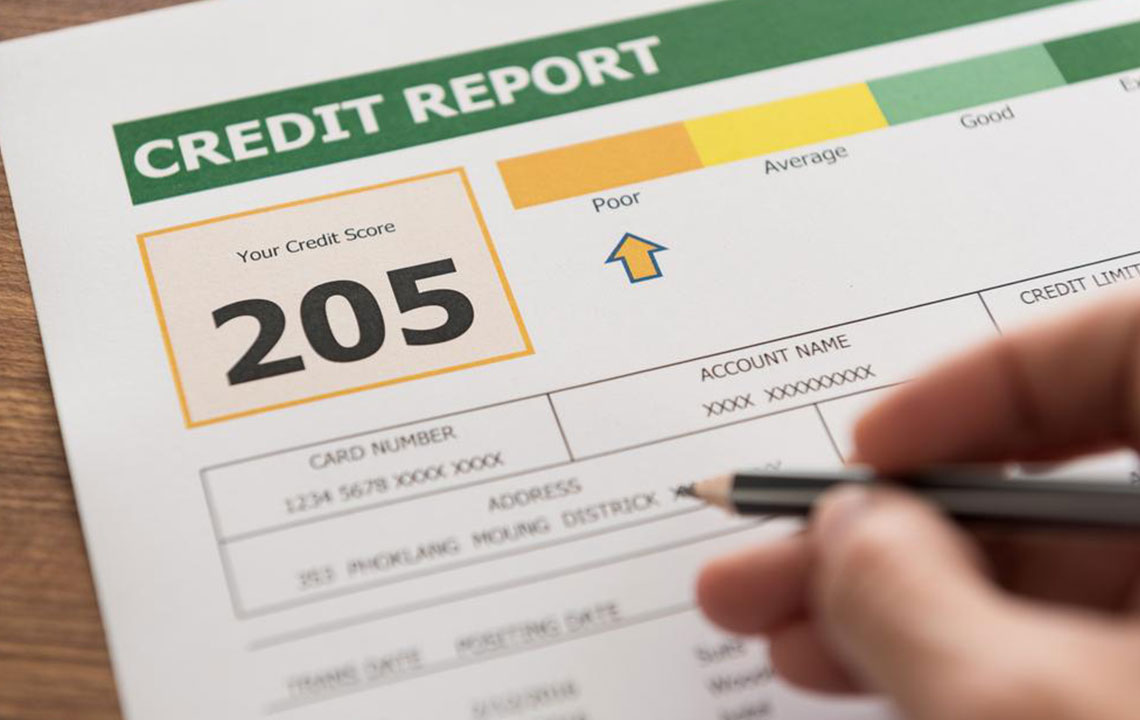A Guide to Credit Check Procedures and Their Importance
This article provides a comprehensive overview of credit checks, including how they work, what influences your credit score, and who may request a review. Understanding these aspects can help you maintain good credit health and navigate financial opportunities effectively.

A Guide to Credit Check Procedures and Their Importance
What is a credit review?
A credit review involves evaluating your credit profile, including your credit score, debts, payment history, and other financial details to determine your creditworthiness.
Why are credit reviews conducted?
Financial institutions, such as banks and lenders, perform credit reviews to assess the risk before approving loans, credit cards, or other credit facilities.
How is your credit score determined?
The credit score calculation emphasizes several factors:
35% — payment records encompassing on-time payments, late payments, charges for delayed payments, and loan foreclosures.
30% — debt-to-income ratio and liabilities, including balances, installment amounts, and overall debt load.
15% — duration of credit history, based on the age of your accounts and the oldest account.
10% — frequency of credit inquiries; multiple checks within a short period can negatively impact your score, especially for hard queries. Most inquiries older than 12 months typically do not affect your score.
What qualifies as a good credit score?
On a scale from 300 to 850, scores above 700 are generally viewed as favorable, though standards can vary slightly among credit bureaus.
Who can request a credit review?
Banks, lenders, landlords, and potential employers may request credit reports during loan applications, tenancy screenings, or background checks. Additionally, you're entitled to one free annual credit report from the credit bureaus in your country.
Important Notice:
This website consolidates research, data, expert opinions, and statistics related to credit checks. However, details may differ based on individual circumstances or specific financial policies. Since financial conditions change, the information may become outdated; therefore, we are not responsible for inaccuracies or differing opinions. Always consult a financial professional before making major financial decisions.










